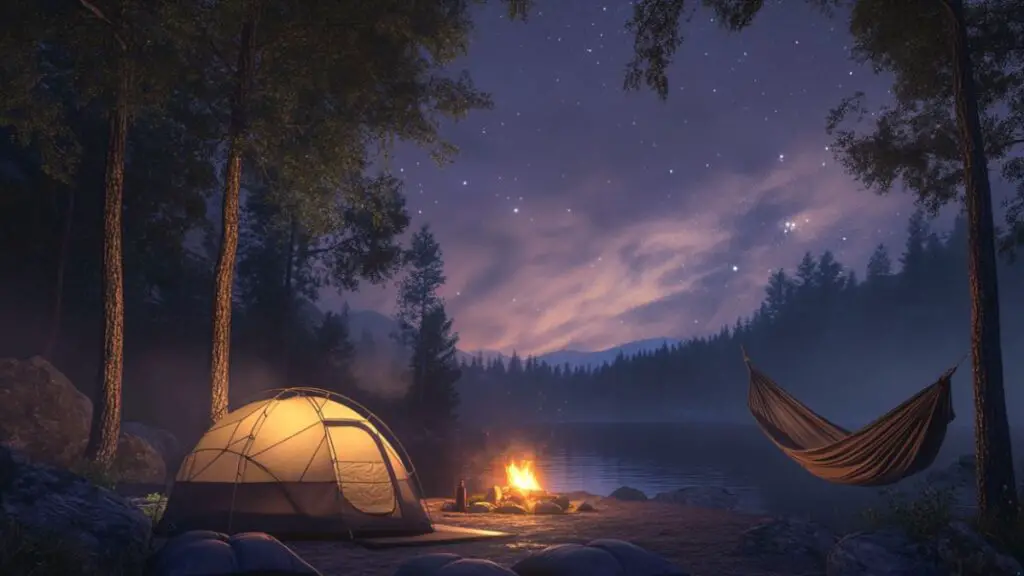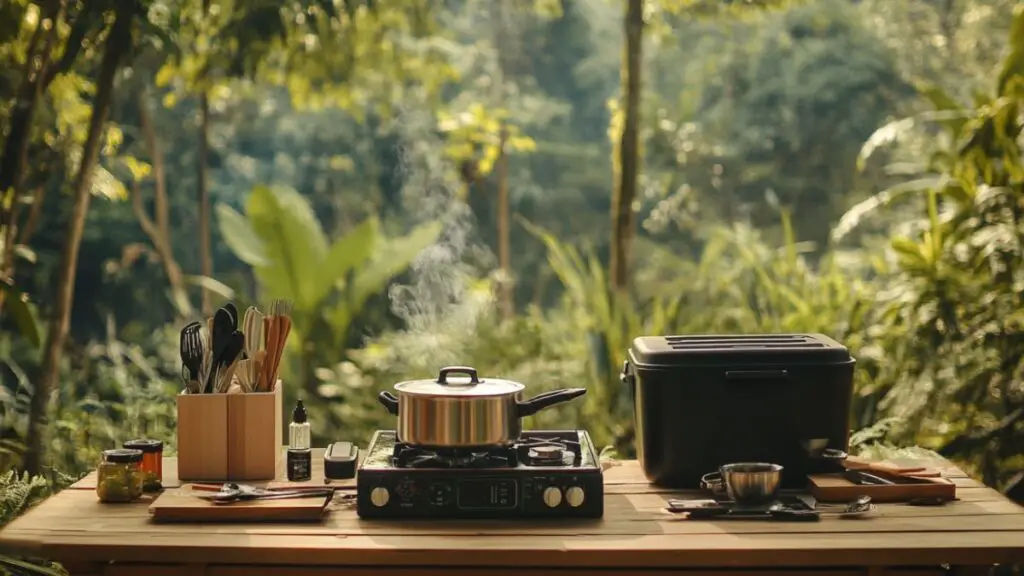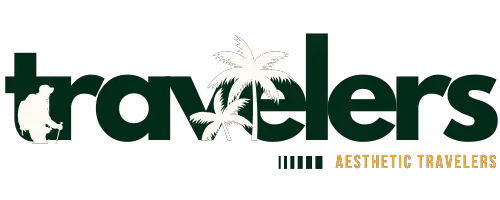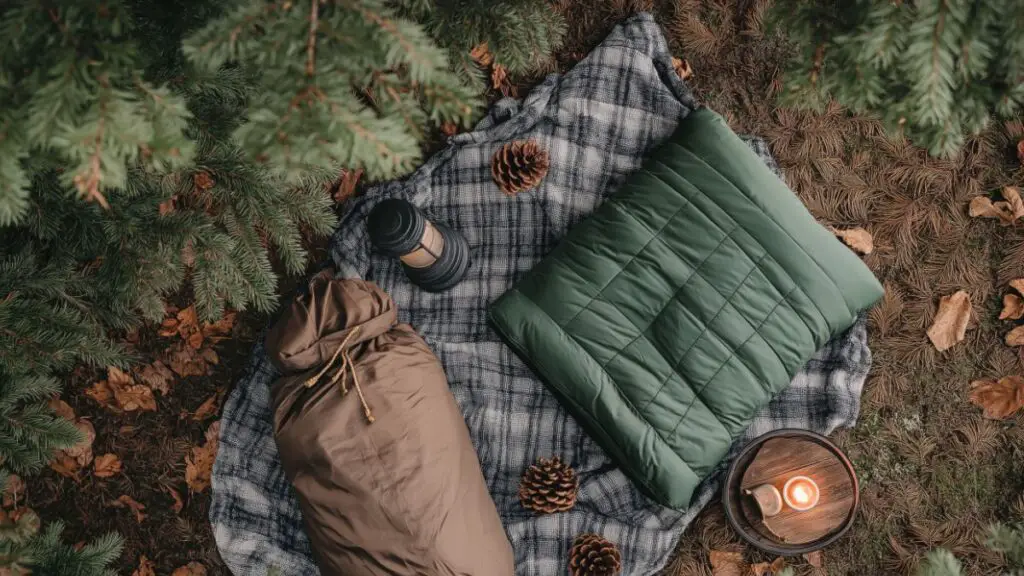First-time camper tips with the best camping essentials to pack
Table of Contents
Introduction
Planning your first camping trip? You’re not alone. According to a 2023 North American Camping Report, nearly 40% of campers in the past year were first-timers, drawn by the desire to disconnect, explore nature, and experience low-cost travel. But heading into the outdoors unprepared can quickly turn a peaceful escape into a stressful experience.
For beginners, knowing what to pack and how to prepare is just as important as choosing your destination. The right gear can make all the difference—helping you stay comfortable, sleep better, cook efficiently, and stay safe in the wild.
In this guide, you’ll get smart first-time camper tips and a practical list of camping essentials to pack. Whether you’re camping in a national park, at a designated site with amenities, or somewhere more remote, this guide will help you feel confident and prepared for your outdoor adventure.
Outline: First-Time Camper Tips with the Best Camping Essentials to Pack
1. Choose the Right Campsite for Your Comfort Level
- Opt for established campgrounds with restrooms and water access.
- Check online reviews for terrain, safety, and facilities.
- Reserve your spot early—popular parks fill up fast.
- Look for sites with level ground and shade.
- Verify fire rules and weather conditions in advance.
Table: Campground Types for Beginners
| Campground Type | Amenities Included | Ideal For |
| Developed Campground | Toilets, water, picnic tables | First-time or family campers |
| State/National Parks | Basic facilities, ranger stations | Beginner to intermediate campers |
| Dispersed (Backcountry) | No facilities | Advanced or minimalist campers |
2. Pack These Must-Have Camping Essentials

Shelter & Sleep Setup
- Tent: Easy setup, weather-rated, with a ground tarp.
- Sleeping Bag: Rated for the expected nighttime temperature.
- Sleeping Pad or Air Mattress: Adds comfort and insulation.
- Pillow: Compact travel or inflatable pillow.
Cooking & Food Storage
- Portable Stove or Grill: With propane/fuel canisters.
- Cookware Set: Pot, pan, utensils, and mess kit.
- Cooler or Food Bin: Keeps perishables safe and critters out.
- Reusable Water Bottle + Extra Water Jugs.
Comfort & Utility Gear
- Headlamp or Lantern: Hands-free lighting is essential.
- Camp Chair: For relaxing around the fire or while cooking.
- Bug Spray and Sunscreen: Non-negotiable for comfort.
- First Aid Kit: Include tweezers, bandages, pain relievers.
Table: Basic Camping Essentials Checklist
| Category | Item | Beginner Tip |
| Shelter | Tent + stakes + footprint | Practice setup at home first |
| Sleep | Bag + pad + pillow | Layer clothes for changing temps |
| Cooking | Stove + lighter + utensils | Plan simple, one-pot meals |
| Lighting | Lantern + flashlight + headlamp | Bring extra batteries or power banks |
| Hygiene | Biodegradable wipes, soap, towel | Keep a separate bag for clean-up gear |
3. Food Planning: Keep It Simple and Delicious

- Stick to easy-to-cook meals like foil packet dinners or pasta.
- Prep at home: chop veggies, marinate meats, portion snacks.
- Include ready-to-eat items (sandwiches, trail mix, fruit).
- Don’t forget a coffee/tea setup if you’re an early riser.
Table: Easy Camping Meal Ideas for Beginners
| Meal Time | Simple Option | Prep Tip |
| Breakfast | Instant oatmeal + fruit | Pre-portion into baggies |
| Lunch | Wraps or sandwiches + granola bars | Use cooler to store meats/cheese |
| Dinner | Foil packet (chicken, potato, veggies) | Wrap in double foil for campfire use |
| Snacks | Trail mix, jerky, cut fruit | Store in reusable silicone bags |
4. Camp Setup Tips: Make Your Site Work for You
- Arrive early to set up in daylight.
- Pitch tent on flat, shaded ground.
- Store food away from the tent (use bear boxes if available).
- Keep a small rug or towel at the tent entrance to limit dirt.
- Hang string lights or lanterns for soft evening lighting.
5. Weather-Ready Packing Tips
- Pack layers for cool nights and hot days.
- Bring a lightweight rain jacket or poncho.
- Use a waterproof container for electronics and clothes.
- Pack a sunhat, sunglasses, and breathable clothing.
Table: Weather Essentials Cheat Sheet
| Weather Condition | What to Pack | Why It Helps |
| Hot & Sunny | Hat, sunscreen, hydration pack | Prevents sunburn and dehydration |
| Rainy | Rain jacket, dry bags, tarp | Keeps you and your gear dry |
| Cool Evenings | Fleece, wool socks, beanie | Retains warmth even when wet |
6. Safety & Camp Etiquette for Beginners
- Keep noise down—quiet hours often start around 10 PM.
- Leave no trace: pack out all trash and minimize your impact.
- Use biodegradable soap away from water sources.
- Always store food safely to avoid attracting wildlife.
- Respect fellow campers’ space and privacy.
Detailed Content Expansion
2. Pack These Must-Have Camping Essentials
Packing smart is the backbone of an enjoyable first camping experience. Focus on the basics that contribute to comfort, safety, and ease of setup.
Start with shelter. A 3-season tent with simple setup instructions and a fitted footprint is ideal for beginners. Add a sleeping pad or inflatable mattress to cushion the ground and insulate from the cold. Your sleeping bag should match the season—look for a comfort rating close to your expected nighttime temps.
For cooking, bring a portable stove and a small cookware kit that includes a pan, pot, utensils, and reusable plates. A cooler with ice packs keeps food safe, while collapsible water containers ensure hydration.
Don’t overlook campsite comfort. A camp chair and lantern go a long way in making your setup feel like home. Always pack sunscreen, bug repellent, and a first aid kit to handle unexpected issues.
Table: Basic Camping Essentials Checklist
| Category | Item | Beginner Tip |
| Shelter | Tent + stakes + footprint | Practice setup at home first |
| Sleep | Bag + pad + pillow | Layer clothes for changing temps |
| Cooking | Stove + lighter + utensils | Plan simple, one-pot meals |
| Lighting | Lantern + flashlight + headlamp | Bring extra batteries or power banks |
| Hygiene | Biodegradable wipes, soap, towel | Keep a separate bag for clean-up gear |
3. Food Planning: Keep It Simple and Delicious
One of the easiest ways to ruin a camping trip is poor food planning. As a beginner, aim for simplicity without sacrificing taste. Focus on meals that require minimal prep and tools.
For breakfast, pack instant oatmeal, fruit, and granola bars. For lunch, go with wraps, sandwiches, or ready-to-eat snacks. Dinner is the time to shine—foil packet meals with chopped veggies and pre-marinated protein are easy and satisfying.
Prep as much as you can before leaving. Chop vegetables, mix spice blends, and portion ingredients at home. Store food in airtight containers or resealable bags, and keep perishables in a cooler.
Pack some treats—s’mores kits, campfire popcorn, or hot cocoa mix—to add comfort and fun. Don’t forget essentials like a can opener, seasoning, and dish cleaning supplies.
Table: Easy Camping Meal Ideas for Beginners
| Meal Time | Simple Option | Prep Tip |
| Breakfast | Instant oatmeal + fruit | Pre-portion into baggies |
| Lunch | Wraps or sandwiches + granola bars | Use cooler to store meats/cheese |
| Dinner | Foil packet (chicken, potato, veggies) | Wrap in double foil for campfire use |
| Snacks | Trail mix, jerky, cut fruit | Store in reusable silicone bags |
Conclusion
Camping for the first time can feel overwhelming, but with the right gear and preparation, it becomes an enjoyable and rewarding experience. Start with the basics—comfortable shelter, simple food, and essential safety gear—and build your confidence from there. By planning ahead and packing smart, you’ll be able to focus on what matters most: enjoying nature, making memories, and learning new outdoor skills. Whether it’s a weekend in the woods or a night under the stars, your first camping trip can be the beginning of many more to come.


